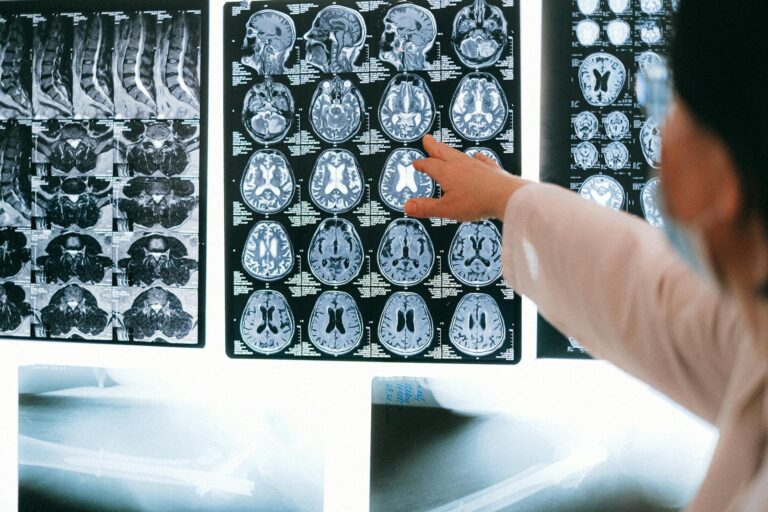**How Citizen Science Initiatives Are Helping Us Understand Alzheimer’s**
Alzheimer’s disease is a complex condition that affects millions of people worldwide. While scientists have made significant progress in understanding the disease, there is still much to be discovered. One way that scientists are gathering more information about Alzheimer’s is through citizen science initiatives. In this article, we’ll explore how these initiatives are contributing to our knowledge of Alzheimer’s.
### What is Citizen Science?
Citizen science is a collaborative approach where members of the public help scientists collect data and analyze results. This method allows scientists to gather a wider range of data than they could alone, which is particularly useful for complex conditions like Alzheimer’s.
### Expanding Research Capacity
One of the main benefits of citizen science is that it expands the research capacity. By engaging the public, scientists can collect larger datasets. For example, projects like the Big Butterfly Count and Galaxy Zoo involve volunteers classifying images or counting butterflies. These efforts provide valuable data that scientists might otherwise overlook.
### Enhancing Education and Community Engagement
Citizen science projects not only contribute to scientific knowledge but also enhance education and community engagement. Participants learn about scientific methods and concepts, increasing their scientific literacy. This involvement fosters a sense of community and collective responsibility for addressing local and global issues.
### Examples of Citizen Science Projects Related to Alzheimer’s
Several citizen science projects are specifically focused on Alzheimer’s research. One example is Folding@home, where participants donate their computer’s processing power to simulate protein folding. This helps researchers understand diseases like Alzheimer’s by studying how proteins misfold and contribute to the disease.
Another example is the Alzheimer’s Association’s citizen science project, which involves collecting data from participants to better understand the progression of the disease. This data can help researchers identify new biomarkers and develop more effective treatments.
### Personal Growth and Advancing Science
Engaging in citizen science can be intellectually stimulating and personally rewarding. It offers a chance to contribute to meaningful projects, learn new skills, and connect with a community of curious and motivated individuals. Every data point collected by citizen scientists adds to the collective knowledge and can have a significant impact on advancing our understanding of Alzheimer’s.
### Conclusion
Citizen science initiatives are playing a crucial role in advancing our knowledge of Alzheimer’s disease. By engaging the public in scientific research, these projects not only expand the research capacity but also enhance education and community engagement. The contributions from citizen scientists are invaluable, providing diverse data that helps researchers better understand the disease and develop more effective treatments. Whether you’re classifying images or contributing data from your smartphone, every effort counts in the quest to combat Alzheimer’s. So, join the movement and become a part of the scientific community working towards a better future for those affected by this condition.





